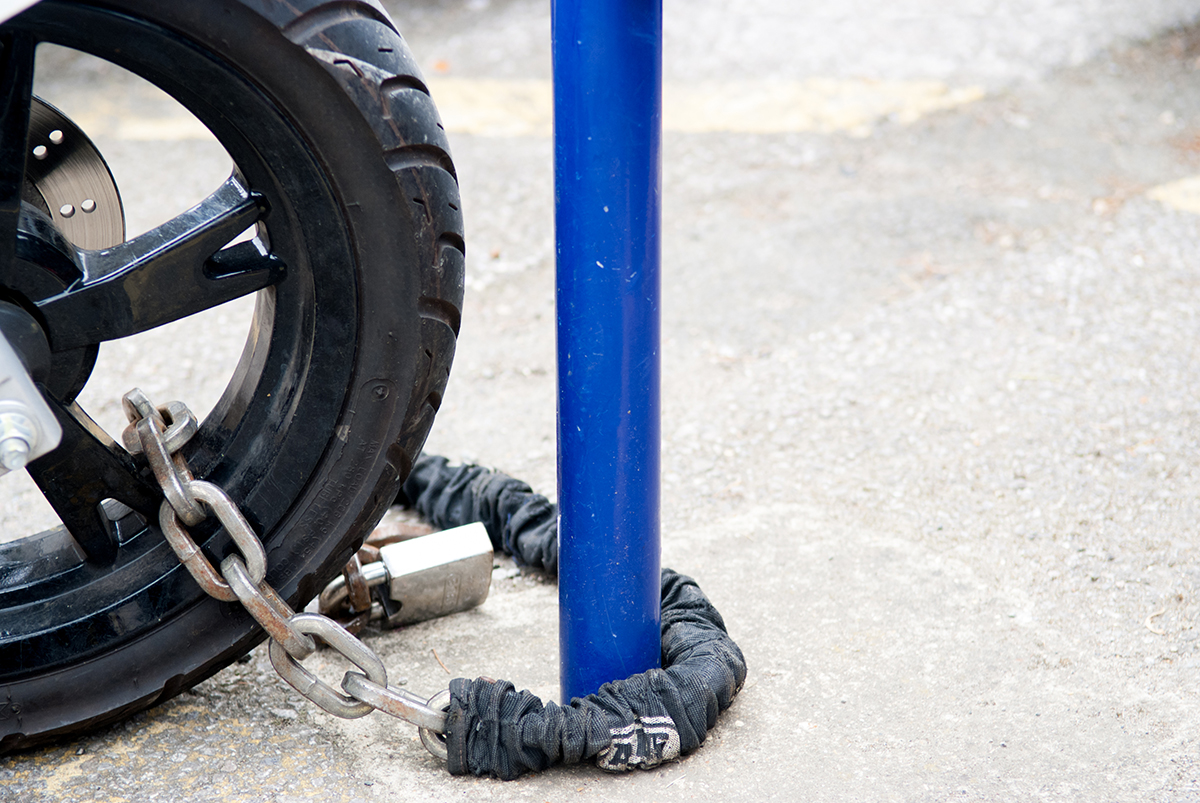When emergencies strike, receiving prompt help directly to your location can be a matter of life and death – even if you are, like in Life Alert’s commercials, lying on the ground and unable to get up. Below, we take a look at what Life Alert is, how it works, and what its limitations are compared to the Rescu app.
What is Life Alert?
The Life Alert system is often described as the “gold standard” for older or chronically ill adults who want to live independently. This service is meant to provide them with immediate medical assistance, even in situations where they may not be able to reach a phone and dial 9-1-1. There are now many different options under the medical alert systems umbrella, from monitored wearables (medical bracelets or medical necklaces), panic buttons, and even timed check-in calls.
How Does Life Alert Work?
Life Alert systems require users to carry a relatively small wearable device (usually a bracelet or necklace) that is connected to a base station, with internet and optional cellular connection for emergency communication, and a large panic button. Often, this small device is hung from a chain or placed next to medical alert pendant, which are meant to ensure that the user always has access to the device.
If the button on the Life Alert necklace is pressed, it will send an immediate signal to one of the company’s emergency monitoring centers. Depending on the type of device used, you may be able to talk to them directly through the device, or they will call your cell phone immediately. The dispatcher will then stay on the line with you until help finally arrives, monitoring whether your situation in worsening and helping you keep calm.
At the time of sign up, you will have to provide the company with your full name and residential address, an overview of your medical history, payment information and a list of emergency contacts. In addition, users are often encouraged to wear a medical alert bracelet, in case they are already unconscious when help arrives.
Life Alert Limitations
While Life Alert has been a viable option for many people, it does come with its limitations.
Necklace
The first downside is that the Life Alert necklace or device needs to be worn at all times. Although relatively light, it is still too large to be turned into something comfortable, and many users forget to wear it when it is most necessary. If it’s not on you, then it will naturally be impossible to press the button when you fall.
Wi-Fi Connection
In addition, most models are tethered to your home’s Wi-Fi network. This means that if you leave its range or lose your connection, it will be impossible to contact emergency responders.
Cost
The setup cost of Life Alert is also significant; LifeAlert requires physical equipment as a requirement for the service. Optional Life Alert GPS-enabled gadgets with enough battery to last for 10 years do not come cheap, and users need to purchase a mix of devices first and then pay a monthly subscription for the monitoring service. This can range from $100-$500 plus a monthly monitoring service charge which can range from $50/month to $99/month. Ouch!
Verbal Communication
Finally, the Life Alert system is heavily dependent on verbal communication. The emergency dispatchers are expecting to be able to talk to you and to have you describe your situation. If you are unable to talk, they will still send help – after the due delay. People who are deaf, hard of hearing, or who suffer from seizures and other emergencies inhibiting speaking will find this as a deal breaker.
In addition to our review, many other people have provided life alert reviews online with their own explanations of pros and cons you can check out.
Rescu – A Better Alternative to Life Alert
Life Alert isn’t the only medical alerting device option out there. The Rescu app is an alternative solution that doesn’t have the limitations that Life Alert does.
Rescu is a unique, voice-free medical alert system that allows you to contact immediate aid through something you already carry everywhere: your smartphone. It only takes 2 taps on your phone for the Rescu app to send a silent, verified notification for aid to emergency responders, with no need for you to talk or describe anything at all.
Rescu gives you the option to not only send for medical help, but also to dispatch fire and police departments. Which provides a degree of discretion that will be invaluable if you notice someone has broken into your home or if there’s smoke detected in your dwelling.
The app is easy and free to install, while the subscription service is remarkably affordable.



